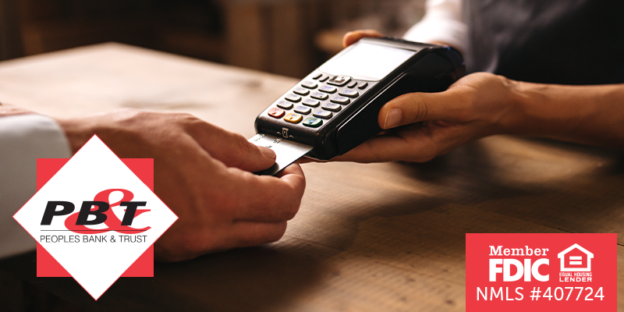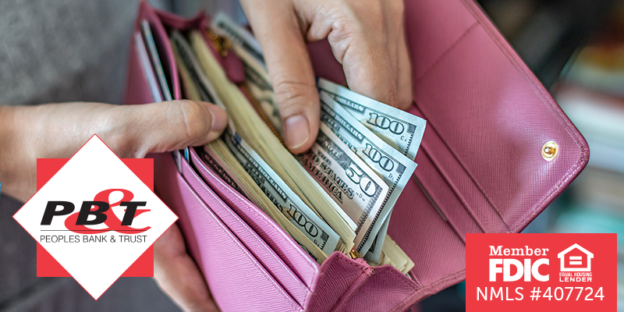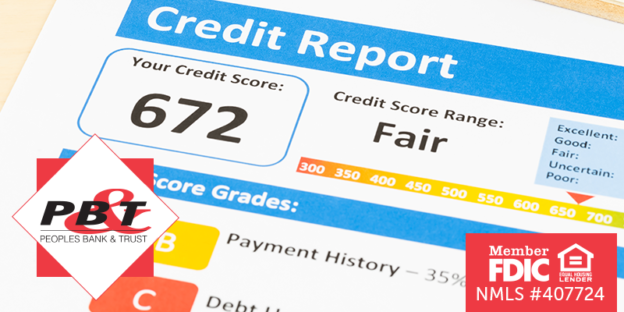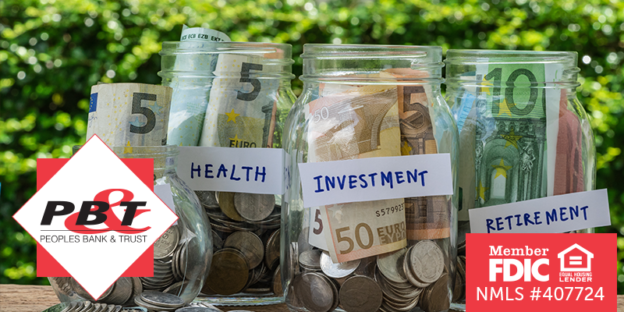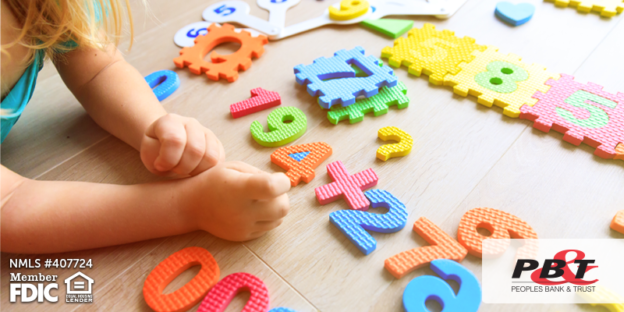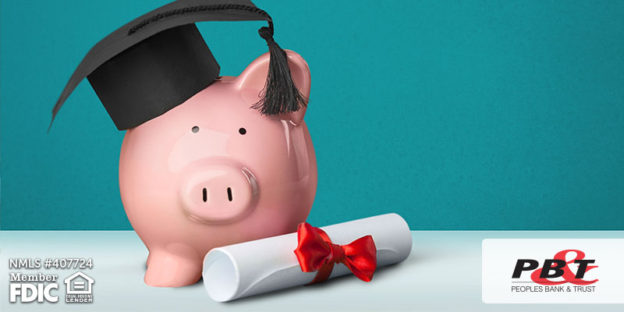If you don’t have a debit card, don’t worry these top five reasons will convince you to get one! A debit card is a great asset to your wallet and financial freedom. Keep reading to learn the top ways a debit card makes your purchases simple.
1. Makes Purchases Convenient and Simple
Ever reached into your wallet and are short on cash? Having a debit card on hand makes it incredibly easy to either withdraw funds from an ATM or simply use the card to make your purchases instantly. A debit card can truly be your only form of payment wherever you are. A debit card allows you the freedom to make everyday purchases conveniently and you can track your spending instantly from your PB&T mobile app.
2. Budgeting Made Easy
When you use your debit card, you are withdrawing money directly from your checking account. If you are working towards improving your budget, a debit card is a great tool to help you do so. When you make a purchase with your debit card you can be notified right away and have a mobile receipt to help keep your budget in line.
3. Safe Form of Payment
One of the huge benefits of utilizing a debit card are the safety factors. With a debit card you can make secure purchases and not have to worry about carrying cash. With your debit card you can be notified every time your card makes a purchase, that way if it is a fraudulent purchase, it can be reported through Peoples Bank & Trust immediately. If you lose your card, don’t worry you can cancel it immediately and have it replaced at any of our branch locations.
4. Debit Cards Can Reward You
Depending on the debit card you get, you can earn rewards simply by using it! To learn more about the specifics of our debit cards, head over to our website.
5. Makes Paying Bills Effortless
One of the huge benefits of using a debit card is the ability to set up your bills to be paid automatically. This will help you avoid a late fee or interest. This is a huge benefit to improving your credit score.
If you are looking to get started on a debit card, we can help! At Peoples Bank & Trust we are focused on making your day-to-day financial goals effortless and with a debit card payment is made easy, safe, and convenient.
Peoples Bank & Trust Co.
Member FDIC
Equal Housing Lender


